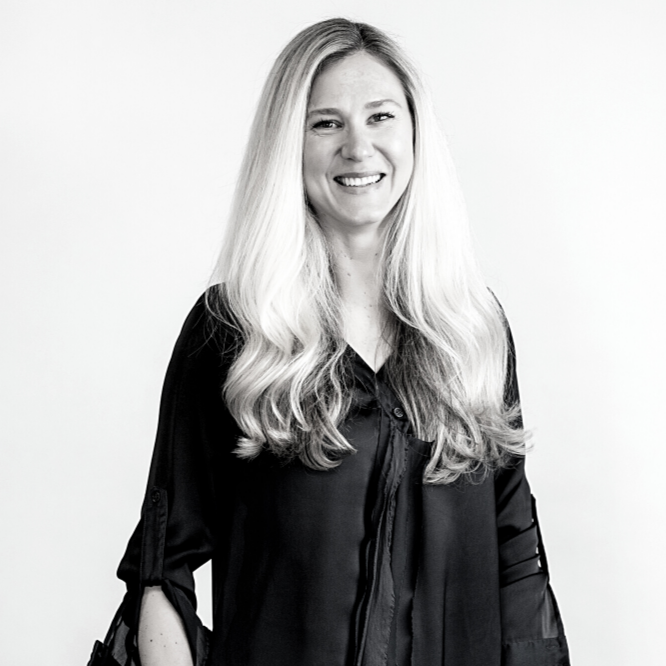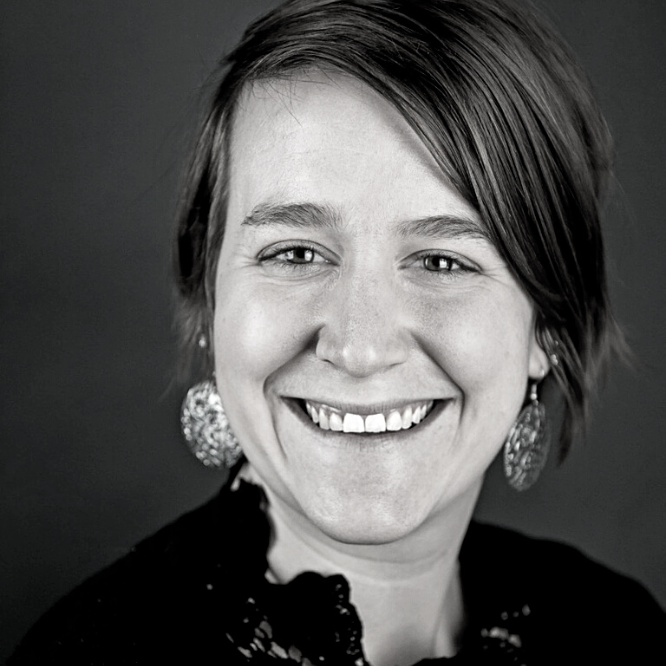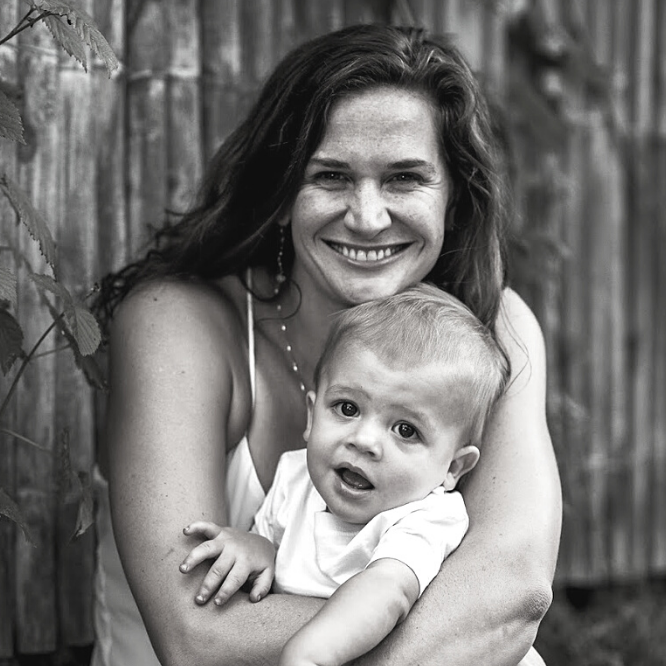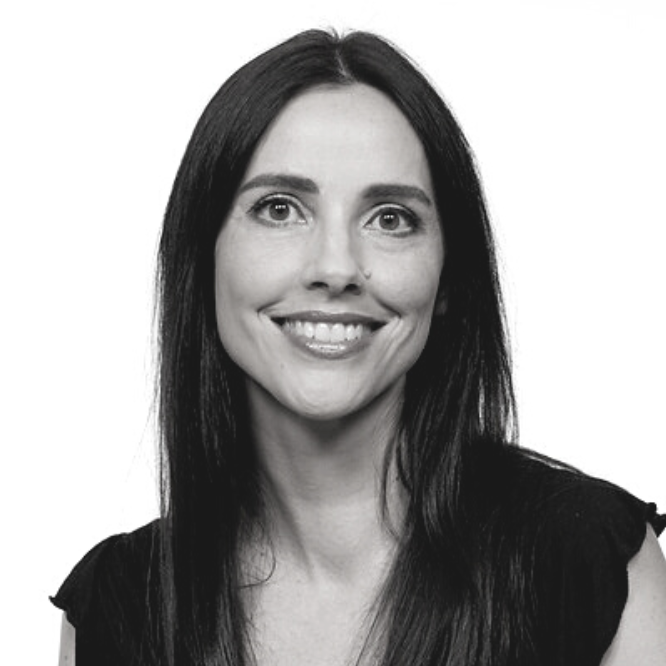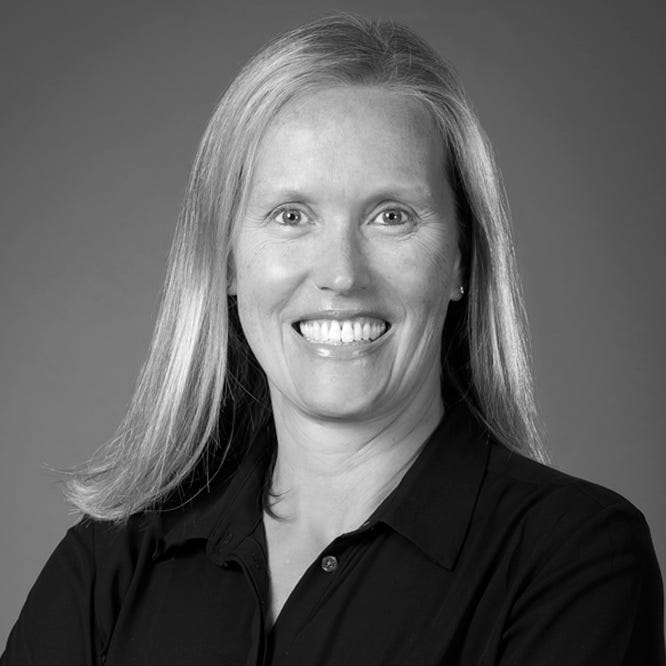
Who We Are
Aeroflow Breastpumps, a subsidiary of Aeroflow Healthcare, specializes in helping pregnant and nursing moms qualify for their breast pump through insurance. Once you submit your Qualify Through Insurance Form, we will contact your insurance to verify coverage and reimbursement, explain your options, and gather and submit all required paperwork.
Our Mission
To increase the instance of breastfeeding nationally by providing the best equipment and supplies for ALL moms, creating a community that provides support and education, and settling for nothing less than exceptional customer service.
How We Can Help You
As a new or expecting mom, you will most likely have plenty of questions about navigating the world of breastfeeding and operating a breast pump. Our helpful resources can guide you through each step, from discovering which supplies you need to make your pumping experience comfortable, to finding those supplies at a low, discounted price at our online store. We offer breast pumps and accessories from top manufacturers like Medela, Spectra, Lansinoh and many more!
After you have your baby, Aeroflow is still here to help you with any of your medical device needs. Aeroflow Pediatrics can also help your family with nebulizers, biliblankets and infant and teen sleep issues as well as many other medical necessities.
Contact Us
To speak with a Breastpump Specialist about any questions or concerns, please visit our Contact Us page and we will be in touch soon to help you. We look forward to helping you and your growing family!
Who We Are
Aeroflow Breastpumps specializes in helping pregnant and nursing mothers receive pregnancy and postpartum recovery items through their insurance. We offer a large selection of medical devices that provide comfort and support for every stage of your motherhood journey – from pregnancy support items and compression socks to breast pumps, c-section bandages, and more! Once you submit our Qualify Through Insurance Form, we will verify your coverage, provide you with a curated selection of available options, then gather and submit all required paperwork on your behalf.
Our Mission
At Aeroflow Breastpumps, our mission is to improve pregnancy, breastfeeding and postpartum health outcomes by making it easy to access the very best medical equipment and support through insurance.


